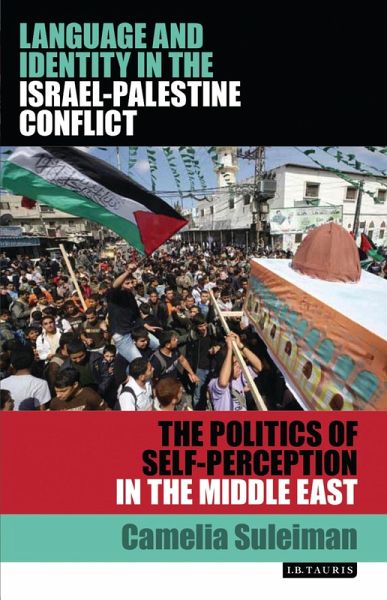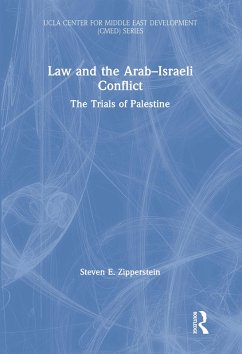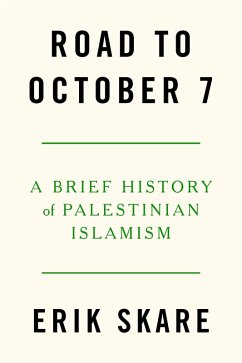
Language and Identity in the Israel-Palestine Conflict (eBook, ePUB)
The Politics of Self-Perception in the Middle East

PAYBACK Punkte
50 °P sammeln!
The conflict between Israel and Palestine is, and remains to be, one of the most widely- and passionately-debated issues in the Middle East and in the field of international politics. An important part of this conflict is the dimension of self-perception of both Israelis and Palestinians caught up in its midst. Here, Camelia Suleiman, using her background in linguistic analysis, examines the interplay of language and identity, feminism and nationalism, and how the concepts of spatial and temporal boundaries affect self-perception. She does this through interviews with peace activists from a va...
The conflict between Israel and Palestine is, and remains to be, one of the most widely- and passionately-debated issues in the Middle East and in the field of international politics. An important part of this conflict is the dimension of self-perception of both Israelis and Palestinians caught up in its midst. Here, Camelia Suleiman, using her background in linguistic analysis, examines the interplay of language and identity, feminism and nationalism, and how the concepts of spatial and temporal boundaries affect self-perception. She does this through interviews with peace activists from a variety of backgrounds: Palestinians with Israeli citizenship, Jewish Israelis, as well as Palestinians from Ramallah, officially holders of Jordanian passports. By emphasizing the importance of these levels of official identity, Suleiman explores how self-perception is influenced, negotiated and manifested, and how place of birth and residence play a major role in this conflict. This book therefore holds vital first-hand analysis of the conflict and its impact upon both Israelis and Palestinians, making it crucial for anyone involved in Middle East Studies, Conflict Studies and International Relations.













